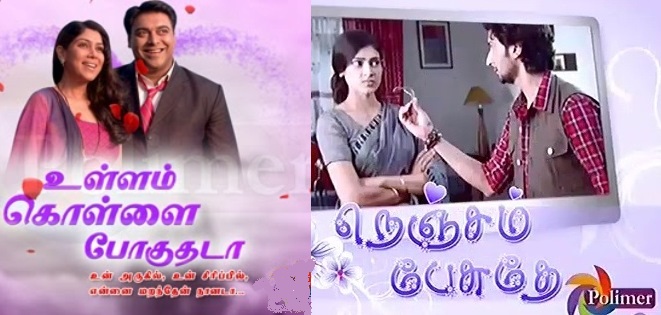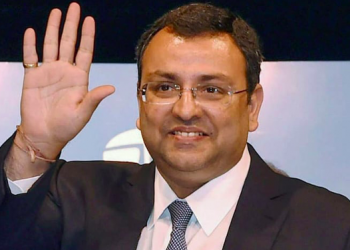Chennai : The growing popularity of dubbing serials due to its advanced and trendy story telling pattern with extremely rich and unmatchable production standards has attracted considerable amount of permanently promising viewership, the trend prompted many broadcasters to follow the suite and today almost every Broadcast network in South India are dependent on Dubbed content as a cost effective means of running a TV channel. However this has created a dent in the survival of many in the TV Industry in Chennai.
The Tamil TV serial Industry has decided to call a strike on Wednesday condemning the rising number of dubbed TV serials that are taking over television screens in the state. The strike was announced by the Federation of Small Screen Technicians, Tamil Nadu (FEST) on Sunday 12th April at a meeting that was called to condole the death of Tamil TV serial director Balaji Yadav who committed suicide, reportedly due to debts caused by unemployment.
“Dubbed serials have left many of the local artists and technicians out of work. Director Yadav was one of them. We must unite and fight back,” said film director Samuthrakani addressing a gathering of about 300 leading names from the TV serial industry at the Prasad Lab Theatre in Vadapalani. They had come dressed in black to register protest against Yadav’s suicide.
Among the 80-odd slots for TV serials in Tamil channels, about 40 are occupied by Tamil serials while the rest half include dubbed Hindi serials and also a Korean serial. “Three years ago, about 90% TV slots were given to Tamil serials. We are now in danger of being edged out by big-budget Hindi serials that we are impossible to match up to.”
Production cost for one episode of a Tamil TV serial ranges between 60,000 and 2 lakh. Hindi serials are shot at rates up 50 lakh, with lavish sets, costumes and dolled up actors, the FEST president said, referring to dubbed Hindi serials such as, ‘Razia Sultan’ and ‘Maharana Pratap’.
Hindi serials though made at big costs can be dubbed at about 10,000 per episode. “Most TV channels have the dubbing software and technicians in place. They dub one episode at a pittance. How do we compete with that?” asked a TV actor.
The Tamil TV serial industry rose to big heights around 2005 generating jobs for about 20,000 artists and technicians since.
Telugu TV serials were also shot in Chennai during the period. In subsequent years though, production of Telugu serials moved to Andhra Pradesh, leaving a large number of local technicians without work.
“The last three years have seen an alarming rise in the number of dubbed TV serials. The ones getting jobs are dubbing artists and technicians who number just about 200,” FESST president Kavitha Bharathy.
Dubbing artist union president and FEFSI secretary HR Selvaraj said at the meeting that he will ask dubbing artists to cooperate with the strike on Wednesday.
Among the TV channels screening dubbed serials, Polimer TV is the only channel that runs fully dependant on Hindi Dubbed content, while others run with a mix of originals and Dubbed serials.
“We have written to TV channels to stop awarding slots to dubbed serials. Some channels already own rights to Hindi serials and they use them to maximise profits, leaving us in the lurch,” Bharathy said.
FEFSI president G Siva called for government intervention to rescue Tamil serials.
Siva said, “Andhra Pradesh only allows 30% slots for dubbing serials, while Karnataka has banned dubbing serials. We also need regulations in place.”
Apart from calling a one-day strike, FEST has decided to conduct demonstrations in front of TV channel offices if they don’t relent.
However, the Broadcasters feel that Tamil TV Industry was running with 100% Original TV serials until few years back. In recent times the standard of Production quality of Tamil serials has taken a beating due to growing cost of production (particularly the Labour cost due to pressure from FEFSI) that prompted the Producers to compromise on quality by reducing the shooting days and Increasing the daily footage output.
Due to this the channels started losing the eyeballs to others genre of content from competitors, ultimately we have been forced to find a solution to arrest the trend that resulted in finding solution in the form of airing dubbed content that protects our business interest and the viewers are also welcoming such quality content. Hence, they expect the unions to leave it to the viewer’s choice.
Meanwhile, it seems that the strike announced by FEST and FEFSI was declared without consulting the Tamil TV producers council and they feel that the strike in such short notice will only add to their woes by disturbing their shooting plan thus causing further losses.

















